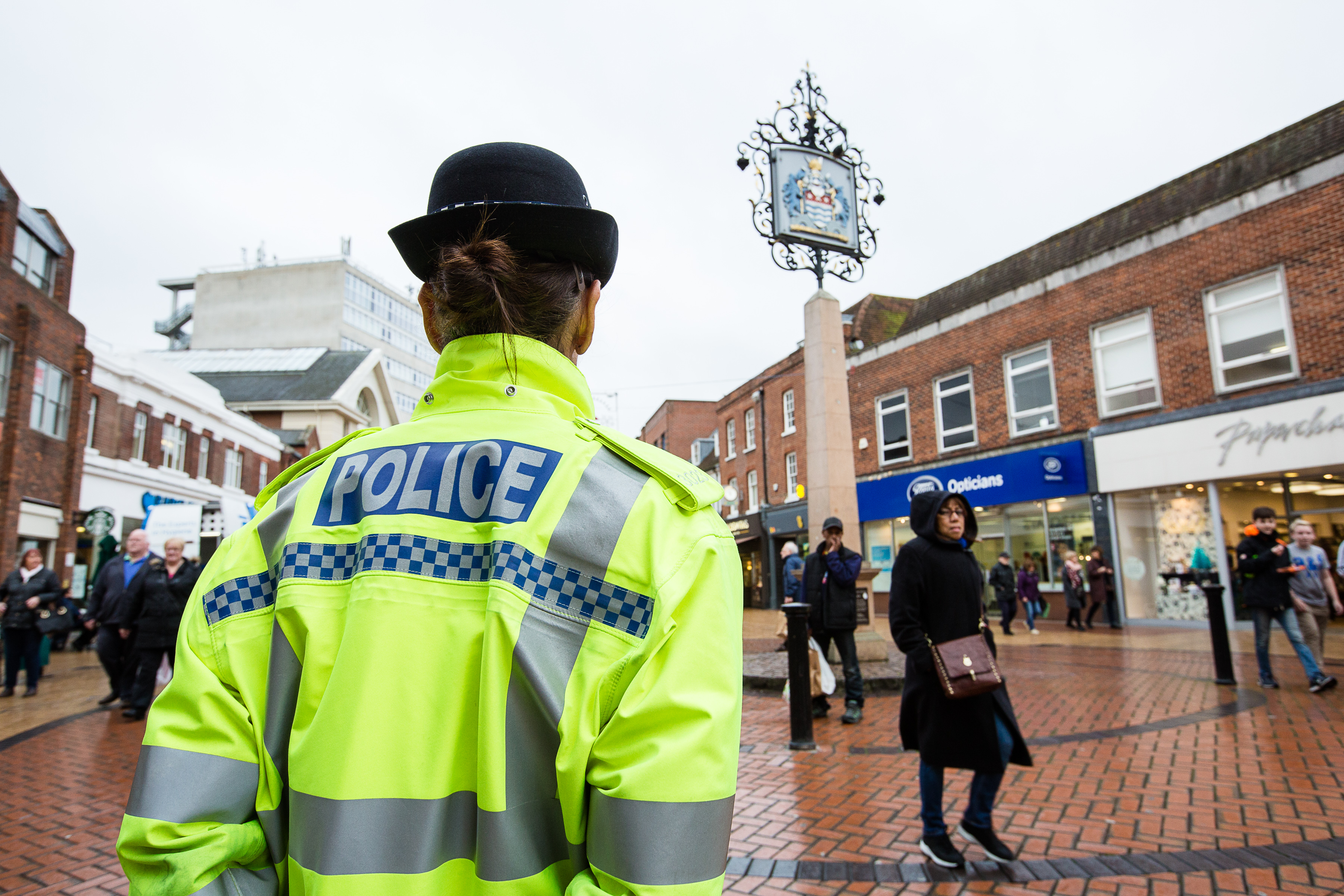Police officers urged not to use holiday when they are sick
POLICE officers are at particular risk of burnout, say experts, with three in four officers admitting to using annual leave to complete work or to taking holiday rather than sick leave.
A recent research paper called ‘Leaveism and work-life integration: The thinning blue line’ found that 76% of police officers admitted to taking annual leave instead of phoning in sick or to using holiday to finish work that should be done in normal working hours.
Mark Smith, Chairman of Essex Police Federation, said: “It is definitely something Essex Police officers do. It is because of sickness policies – they are trying to protect themselves in terms of wanting promotions or maintaining roles. The danger is that the force might not realise they have a problem. Our Secretary Phil Suarez is working with the force on this issue and the force has just signed up to the Blue Light programme, with the charity Mind.”
He added: “I understand why officers are doing it but they shouldn’t. Annual leave is recuperation time with their families. If you are sick then you are sick.”
Professor Sir Cary Cooper, of Manchester Business School, who co-authored the paper, described leaveism as “endemic in the public sector”.
Highlighting the trend at the Chartered Institute of Personnel and Development’s annual conference, Sir Cary said that doing work when you should be recuperating or relaxing is unsustainable.
He recommended strong guidance for workers on not accessing their emails at night, on days off or on holiday “unless absolutely necessary”.
“Employers could also give people training in how to prioritise their work. Ultimately, unreasonable and unmanageable workloads simply should not be given to people,” he said.
Barry Pirie, President of the Public Sector People Managers’ Association, told CIPD that the figures on leaveism “appear to be a symptom of higher expectations during a period of tighter resources”.
Another concern is said to be the rise of “presenteeism” when people come into work despite being ill.
Research by Jonathan Houdmont, Assistant Professor of occupational health psychology at the University of Nottingham, shows that police appear more likely to suffer “burnout” than other public sector workers.
“There’s a growing body of literature from around the world that shows police officers who score highly for emotional exhaustion are more likely to be aggressive, show impaired performance and be involved in assaults,” said Mr Houdmont.
John Murphy, from the Police Federation of England and Wales, said the police “cannot do everything”.
“Saying no to things goes against the grain, but we’ve got to look after our staff. The police will have to rationalise what cops do and say: ‘Actually we can’t do all of this anymore,’” he said.


Comments are closed.